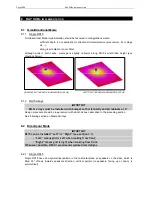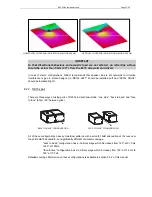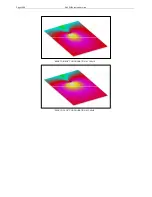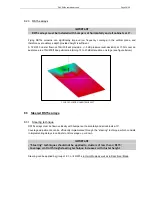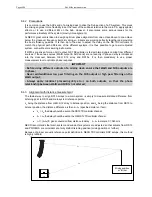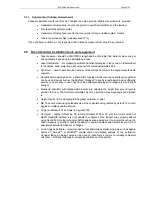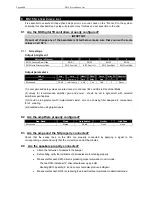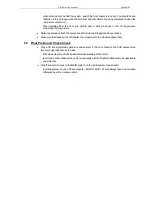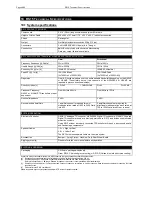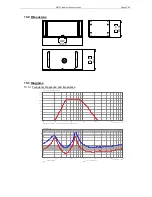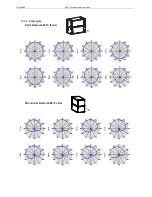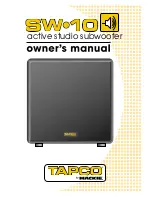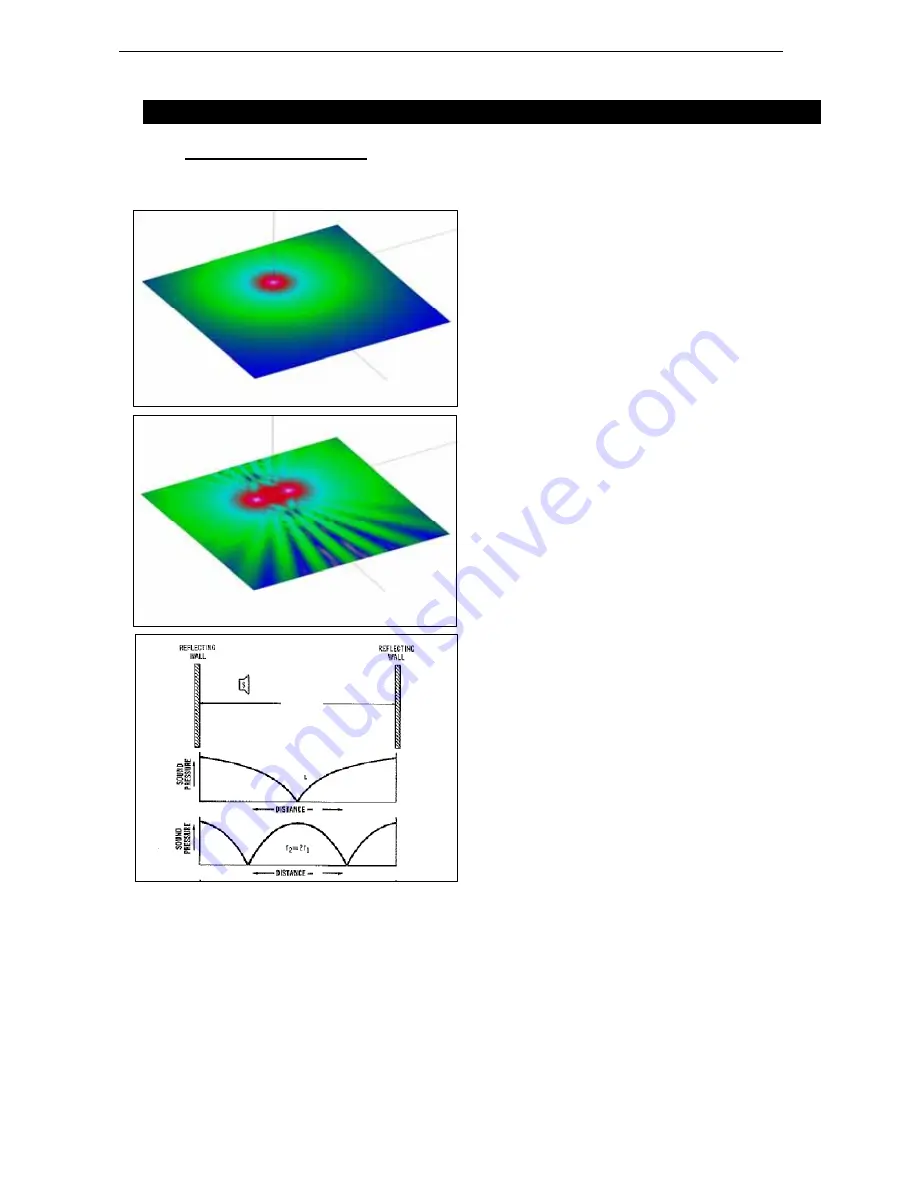
G
ENERAL GUIDELINES FOR SUBWOOFER DESIGN
Page
33/58
f1=C/2L
L(m)
f1=C/2L
L(m)
7
G
ENERAL GUIDELINES FOR SUBWOOFER DESIGN
7.1 Low
Frequency
Issues
Even low frequency coverage is amongst the toughest issues in sound system design. Common issues
that are faced in design are as follow:
•
Low frequency radiation is hard to
control efficiently because of
wavelength becoming large (10m /
30ft at 34 Hz) in relation to sources;
and most of available subwoofers are
omnidirectional; this results in
important low frequency feedback on
stage, environmental problems in
outdoor venues and increased
reverberation time in indoor venues;
•
Stereophonic implementation of
subwoofers introduces very strong
interference patterns; these are
related to Left and Right path length
difference to listener location while
pressure levels are comparable for
Left and Right arrays; while always
maximum at the center – where
distance to Left and Right arrays are
equal -, pressure level can severely
drop at locations where path length
equals half the wavelength of
frequency of interest. This effect is
well-known from audio-engineers,
and often referred to as “Power
Alley”;
•
In closed venues, room eigen modes
(nulls and max) are dominant over
source location; because these
modes depend on accurate
characterization of boundary
surfaces (walls, ceiling, floor),
audience coverage is very hard to
predict.
To overcome these difficulties, some common sense rules can help.


















